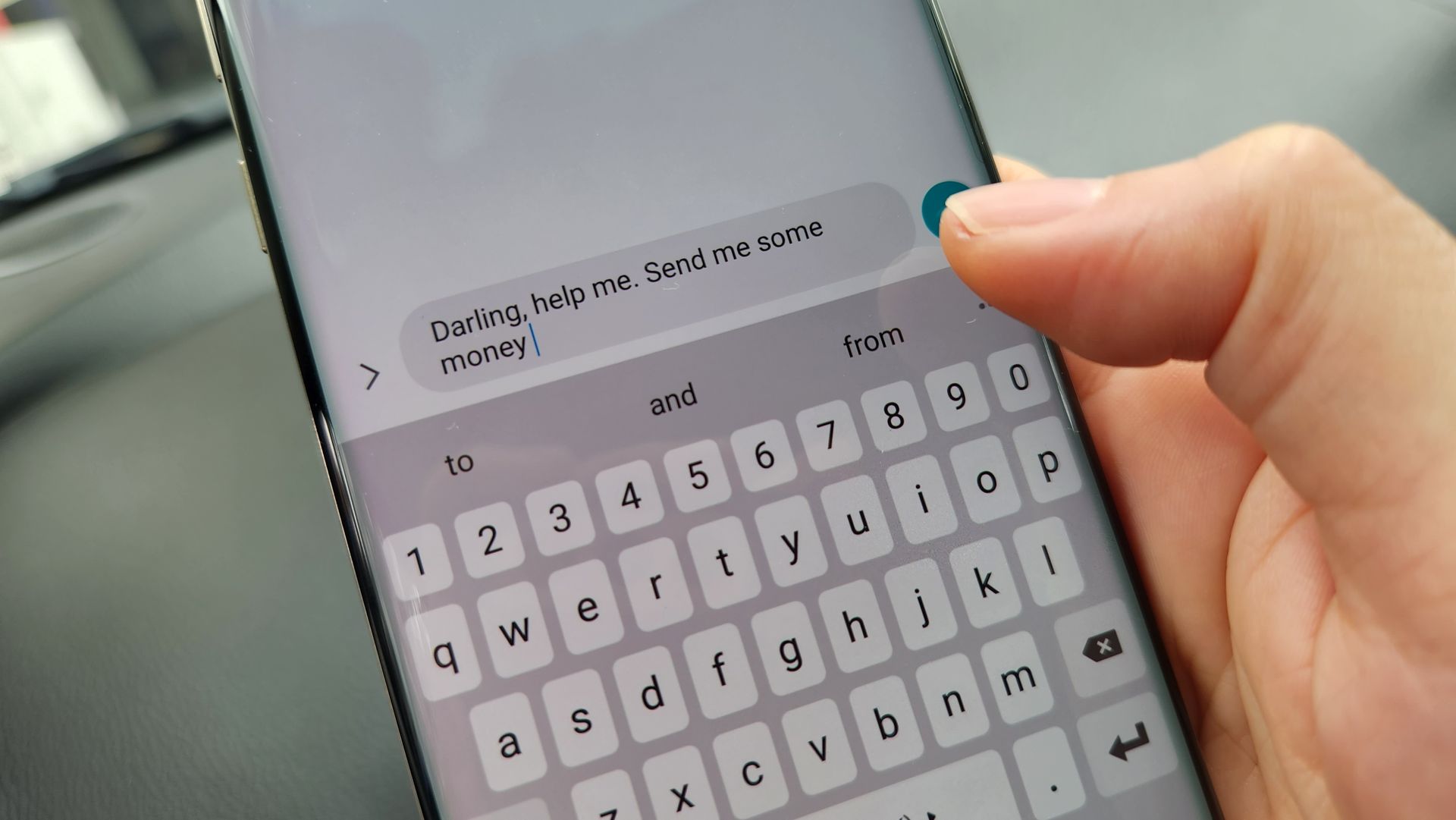Petty misdemeanors are usually considered less serious than misdemeanors and carry less severe punishments and penalties.
According to Minnesota statute , a petty misdemeanor is described as “a petty offense which is prohibited by statute, which does not constitute a crime and for which a sentence of a fine of not more than $300 may be imposed.”
A misdemeanor is described as “a crime for which a sentence of not more than 90 days or a fine of not more than $1,000, or both, may be imposed.”
A gross misdemeanor is “any crime which is not a felony or misdemeanor. The maximum fine which may be imposed for a gross misdemeanor is $3,000.”
All types of misdemeanors are less serious than felonies , which can result in imprisonment of more than a year.
Some examples of petty misdemeanors include things like minor traffic infractions – such as a speeding ticket – or even being caught with drug paraphernalia or a small amount of marijuana.
Misdemeanors are broad in terms of severity. A person’s first DWI – if it’s not aggravated by additional factors – is a misdemeanor. Littering on the road by dropping objects out of a vehicle’s window is also technically a misdemeanor. Fifth degree assault , which many people would consider to be a serious offense, is a misdemeanor.
Gross misdemeanors are often used for repeat offenses. For example, if you were to commit domestic assault against the same person within a 10-year period you might be charged with a gross misdemeanor. A second DWI within 10 years is a gross misdemeanor.
You generally won’t be arrested for a petty misdemeanor. You’ll be issued a citation by law enforcement or be sent a citation in the mail. Since the penalties for petty misdemeanors are just fines you likely won’t be required to appear in court. However, payment of a petty misdemeanor fine is essentially pleading guilty to the offense, which may have negative ramifications for your driver’s license, insurance, or employment.
Should I Take My Petty Misdemeanor to Court?
It is possible to fight a petty misdemeanor by requesting an appearance in court or a hearing officer appointment. At your hearing or court appearance you can request a:
- Continuance for dismissal
- Stay of adjudication
- A reduction in your fine
- Court trial (bench trial)
Taking a petty misdemeanor to a bench trial where a judge will rule on your case is rare, but not unheard of. Minnesotans convicted of petty misdemeanors may be able to get the offense expunged from their criminal record after two years if they meet certain conditions.
If you’d like to contest a petty misdemeanor or get one expunged from your record, you may want to speak with a referral counselor. They can help you find an appropriate Minneapolis–St. Paul criminal defense lawyer near you.
Defending Yourself from a Misdemeanor or Gross Misdemeanor
Unlike petty misdemeanors, which are in most cases an administrative issue where you just pay a fine and are done with it, misdemeanors will often require a court appearance. Many people do secure the services of an attorney in these cases.
You may or may not be detained when a police officer cites you for a misdemeanor offense. They can either let you wait for a court summons to arrive in the mail or take you into custody immediately. You’ll be taken into custody if the officer thinks:
- You’re a danger to yourself or others
- You’ll commit additional crimes if they let you go
- You won’t show up for your court date
Once you’re taken to a police station or county jail you may be booked and released, or be required to stay there until you can appear before a judge for a bail hearing.
At the bail hearing you’ll be informed of your rights and the judge will decide under what conditions you will be released. The judge may:
- Set conditions for your release, which may include things like not using drugs or alcohol or not interacting with the alleged victim
- Schedule a pretrial or settlement conference
At future appearances, if you and/or your attorney can’t reach a resolution with the prosecutor your case will be scheduled for trial.
Gross misdemeanors and felonies tend to be a bit more involved than misdemeanors and petty misdemeanors. The judge will make sure you understand both your constitutional rights and the many conditions of release.
Whether it’s in your best interest to speak with an attorney is a personal decision, but many people accused of serious misdemeanors or gross misdemeanors choose to consult with a criminal defense attorney. Most Minnesotans tend to perceive a significant difference between a speeding ticket and a DWI.
The referral counselors at the Minnesota Lawyer Referral and Information Service would be happy to help you find an appropriate criminal defense attorney near you. We can help you schedule a free 30-minute consultation with an attorney who can answer your questions and help you understand your next steps.




